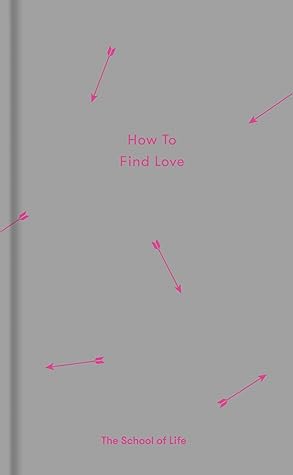More on this book
Community
Kindle Notes & Highlights
At first, it’s a relief to be with someone who doesn’t have the characteristics we’ve grown allergic to. Then we start to criticise our partners for the very qualities our instincts sought them out for.
One suggestion is just to stop dating Recoil people.
A more realistic goal is to accept that we’re probably always going to be drawn to Recoil qualities, but we can learn to manage them less aggressively and with a greater degree of forgiveness.
V Obstacles to Finding Love
Ostensibly, we all want love – but when love actually starts to be reciprocated, it may prove intensely alarming. We can start to think very badly of the person we liked only a little time before. We typically accuse the now-reciprocating lover of two things.
We feel they are naive in finding us wonderful. They like us only because they don’t know how to read human nature.
Also, we accuse these partners of being ‘needy’.They start to rely on us and want us a lot – and, in the process, appear weak and not quite grown up. We wonder why they can’t stand on their own two feet, like a normal adult.
The solution isn’t to blame the other person for naivety; it is to learn to show others who we truly are, on the basis of loosening our suspicion of ourselves.
We need to make the initially implausible leap of faith that we might be acceptable to someone else who knew us more completely; we don’t necessarily have to lie in order to deserve love.
There are, of course, a few pathologically dependent people at large, but a lot of the time – far more than is generally accepted – the person who has the problem isn’t the ‘needy’ person, it is us: the ones who are doing the accusing.


